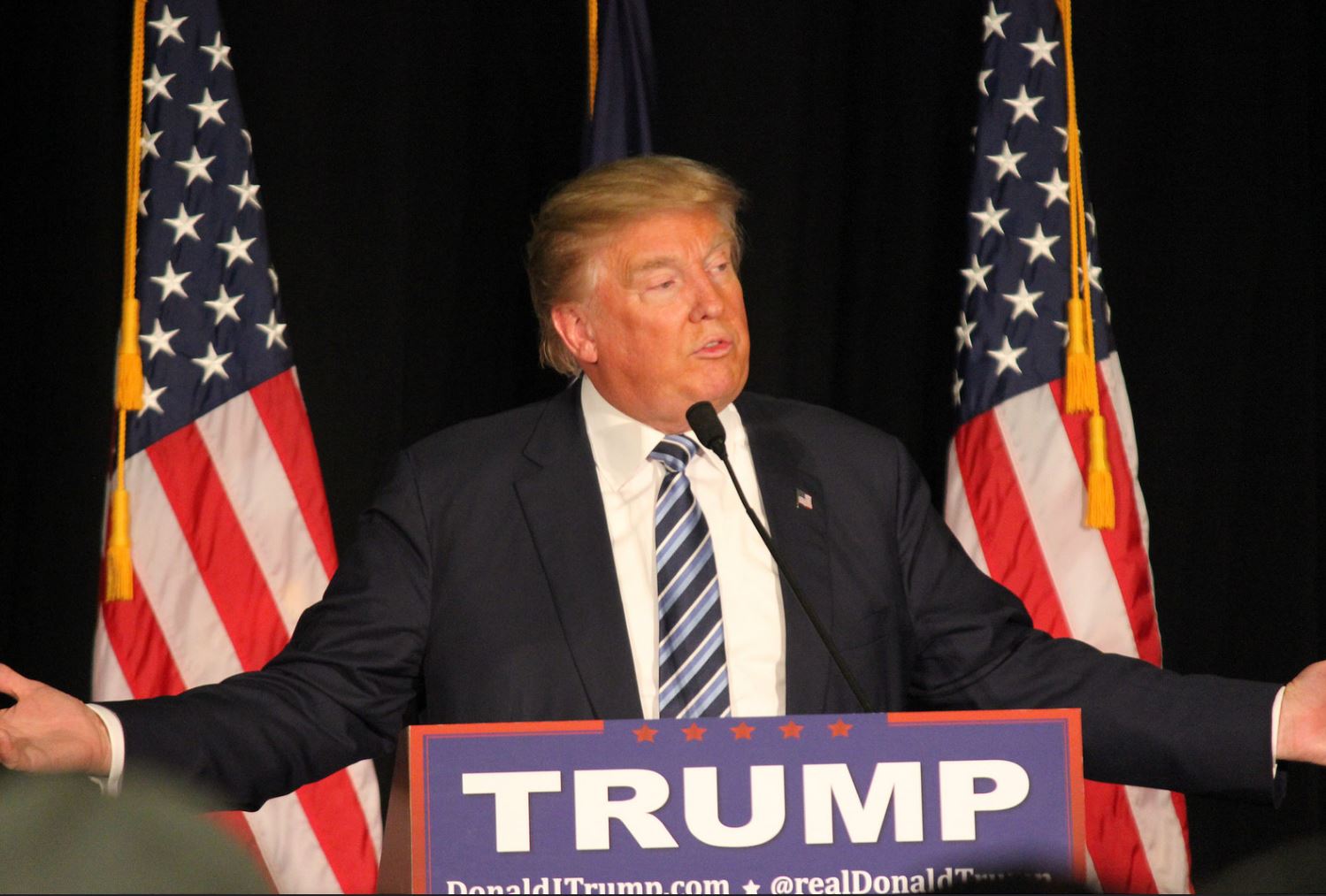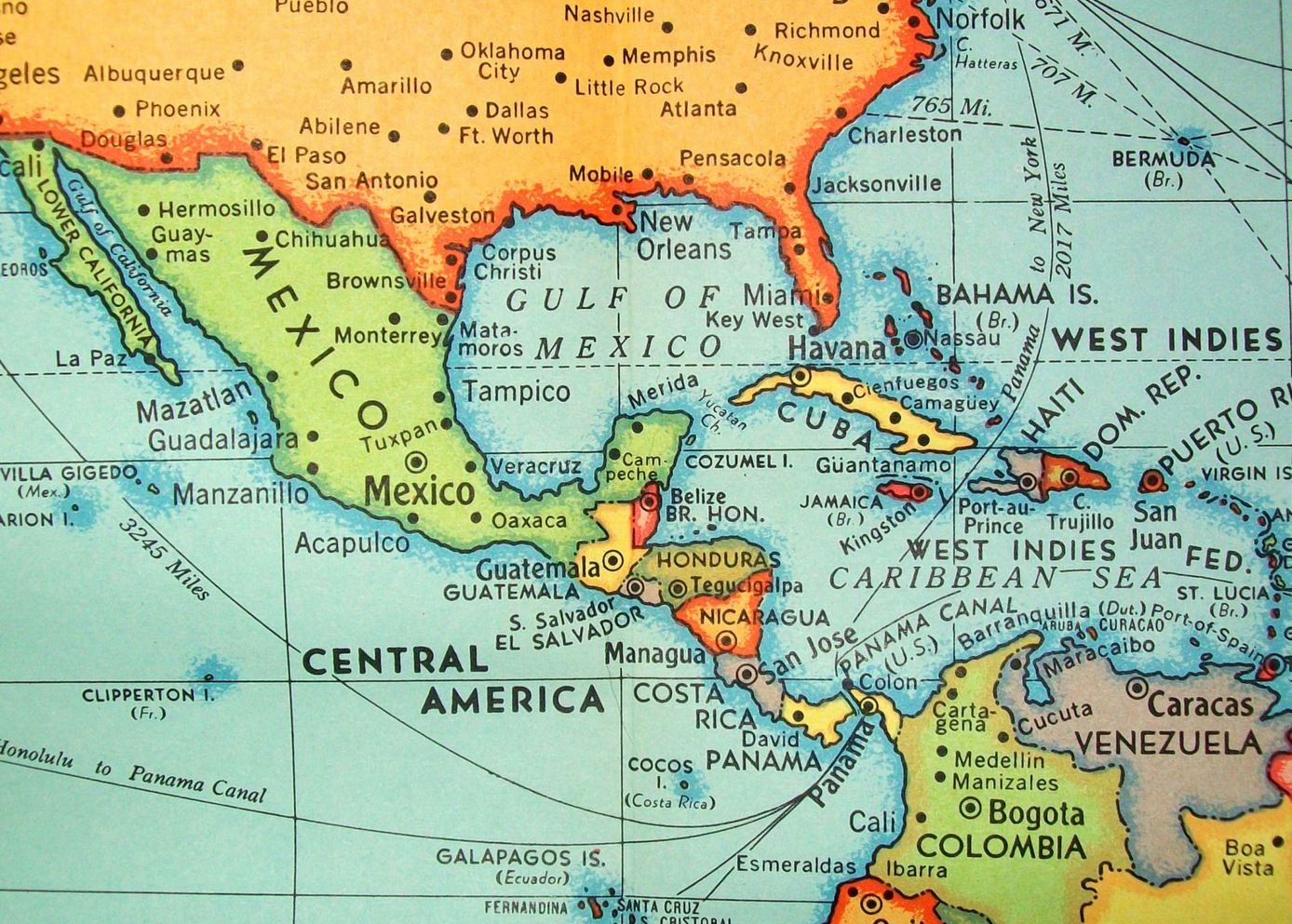“Mexico is not going to disappear because Trump has arrived at the White House. Its oil will still be there, and so will its manufacturing capacity, and if the U.S. market closes up to it, there will be other markets that want to buy products Made in Mexico, especially with such a cheap Peso.” This quote sums up the opinion which Mark Mobius, Executive Chairman at Templeton Emerging Markets Group, and a Portfolio Manager of Franklin Templeton’s emerging equity strategies since 1987, holds on emerging markets following Trump’s victory: we must not fear a debacle.
In an interview with Funds Society, Mobius talks about one of the main concerns of investors in emerging markets looking forward to 2017: what will happen to these markets once Trump is president? Returning to Mexico’s case, which is probably the most vulnerable country due to its hefty trade balance with the United States: “Given that Trump is primarily a businessman, I think he will reach a bilateral agreement with Mexico that will ultimately be beneficial to the country. Problems related to drug cartels and organized crime are common for Mexico and the United States, so it makes sense for both countries to work together to solve them.” The solution, Mobius says, may involve negotiations to help normalize the movement of people, “but I think they will eventually come to an understanding.” In fact, for Mobius, Mexico now offers tremendous opportunities: “The Mexican peso cannot drop much more from current levels, at least on a sustained basis. We estimate that it is already slightly undervalued.”
On comparing Mexico to Brazil, one of the markets that Mobius has favored in its emerging equity strategies for a longer period of time, he points out that the Brazilian economy has suffered a much greater punishment than Mexico, with two consecutive years of GDP contraction, and is now in full recovery phase with ongoing structural reforms that Mexico has yet to undertake. “Mexico’s dialogue with the Trump administration could be a catalyst for the adoption of these reforms, which in the end would be very beneficial to the country,” says Mobius.
As for the Asian continent, Mobius does not see a negative effect for China due to Trump’s victory. “The countries receiving the most aid from the United States are Japan, South Korea, and to some extent also the Philippines. With Trump, these countries may have to redefine the terms of their relationship with the United States by increasing their contributions, so they may face additional pressure in their budget that should be monitored.”
The United States spends about USD 5 billion a year on maintaining its military bases in Japan, and another USD 2 billion on bases in South Korea. Donald Trump has questioned this expenditure throughout his campaign, as well as the usefulness of these military bases to maintain stability in the Asia-Pacific region. Political experts in this region point out that China has been hoping for the United States to withdraw its troops from Japan and South Korea for a long time, which now seems more plausible.
Mobius believes that China has favored Trump over Clinton from the very beginning, because it believes that he is willing to negotiate. “We will not see so much cold-war-like rhetoric in China-US relations, so negotiations will be easier.” Something similar, but even more pronounced, happens with Russia, a country with which the United States has reestablished dialogue. “If Trump is not going to allocate so many resources to the Middle East, dialogue with Russia becomes essential.”
Overall, Mobius believes that the multilateral treaties in which the United States participates will be weakened, but many opportunities are opening up in US bilateral agreements with individual countries, which will be positive. He does not anticipate a steep crises in emerging market equities and forecasts a return of inflows once specific measures by the president-elect, or the absence of them, become public.
Faced with the FED’s rate hikes – which seem much more likely after Trump’s victory- it is foreseeable that in future US Treasuries will return to a much more attractive yield than currently, which will be beneficial for emerging markets equities,” says Mobius. “There is a perception that equities fall when the FED raises rates, but if we look at history we see that there is no correlation.”



 By Fórmate a Fondo
By Fórmate a Fondo